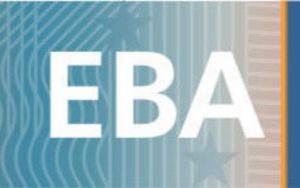 From September 30, 2019, new guidelines on outsourcing arrangements (Guidelines) issued by the European Banking Authority (EBA) will apply to all outsourcing arrangements entered into, reviewed or amended on or after this date. The Guidelines aim to establish a more harmonized framework for all financial institutions that are within the scope of the EBA’s mandate, including credit institutions, investment firms and payment institutions. All financial institutions must also update all existing outsourcing arrangements in line with the Guidelines by December 31, 2021.
From September 30, 2019, new guidelines on outsourcing arrangements (Guidelines) issued by the European Banking Authority (EBA) will apply to all outsourcing arrangements entered into, reviewed or amended on or after this date. The Guidelines aim to establish a more harmonized framework for all financial institutions that are within the scope of the EBA’s mandate, including credit institutions, investment firms and payment institutions. All financial institutions must also update all existing outsourcing arrangements in line with the Guidelines by December 31, 2021.
The Guidelines will have an impact that is much wider than just European markets. As large scale outsourcing deals typically benefit global operations, even where deals are being led out of the United States they will need to take account of the Guidelines if European businesses are to be service recipients.
Financial institutions should act now to address the key considerations of the Guidelines:
 Sourcing Speak
Sourcing Speak



